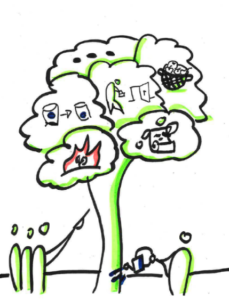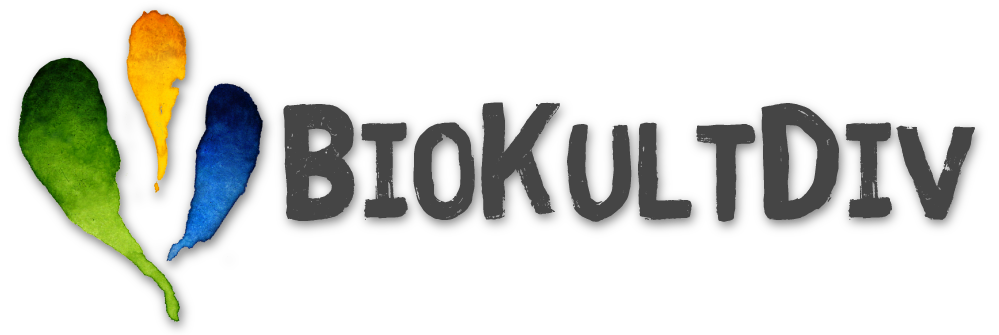Last December our project partner Fundacion TIERRA ran a workshop with local leaders from the Chiquitania region in preparation of our field work. The meeting served to present the research project, to identify social-ecological issues and to scope for specific communities to implement the research. In the last blog post we have summarized the findings from the workshop. Now we want to share how we experienced participating online.
A reflection
It is only 9 a.m. in Bolivia, but we (Stefan and Camila) are sitting in our office at three in the afternoon to participate online in a six-hour workshop that takes place in Santa Cruz.
The workshop is an important step for moving the fieldwork ahead. It serves to introduce our project to local community leaders, scope for possible collaborations and collect information on the main social-ecological issues. In addition, although we are happy that the workshop takes place, there was some sadness involved, because due to the pandemic, we were unable to travel to Bolivia and we really would have liked to be there physically.
The event has a small informative part and a discussion. At the beginning of the workshop, we present the project and ourselves. Trying to be as understandable as possible, we are referring to our previous research experiences in Bolivia and in Colombia. After that, we assumed the role of listeners in the workshop (which is not always easy because of the poor sound quality and poor internet connection) and take notes about the discussions. It is very difficult to perceive nonverbal communication among the 17 participants as well as communicating with them. Virtual communication is not the best way to get to know and interact with people.

Conclusion


